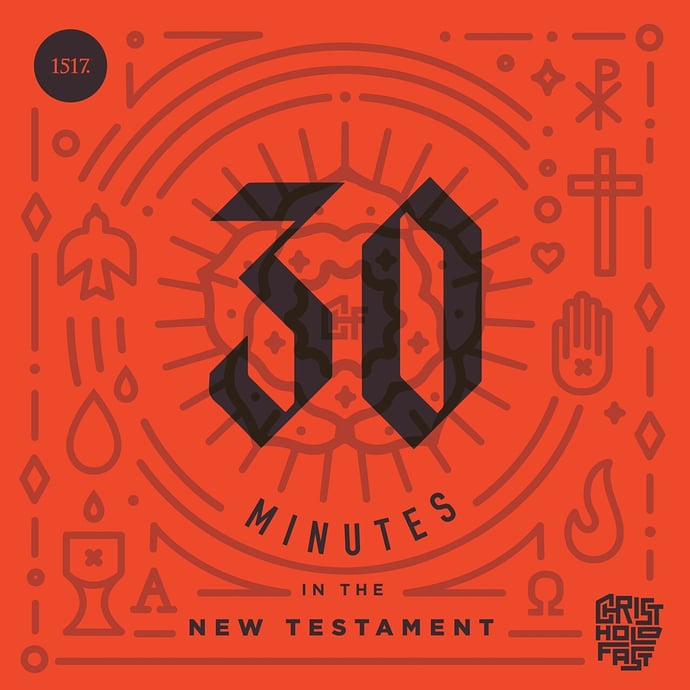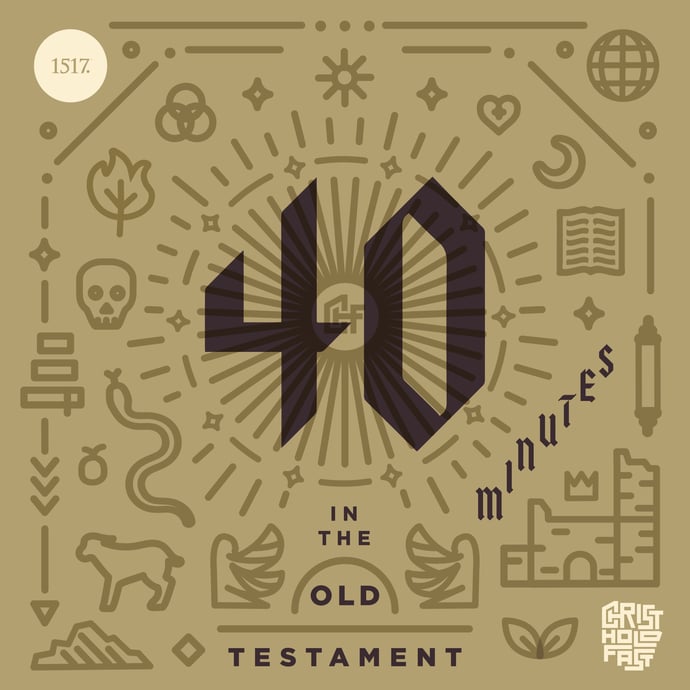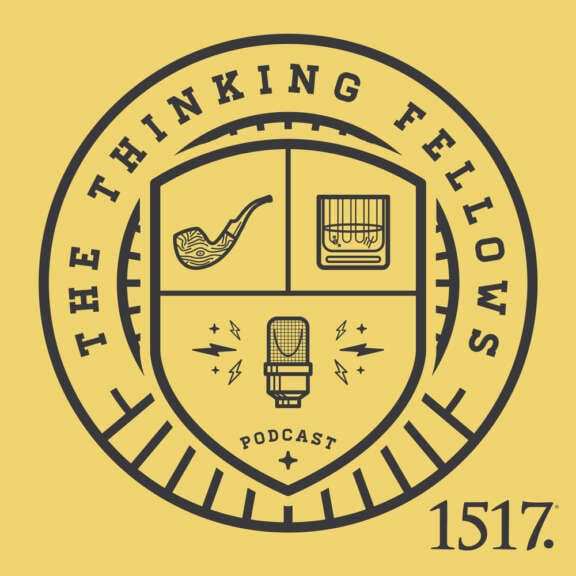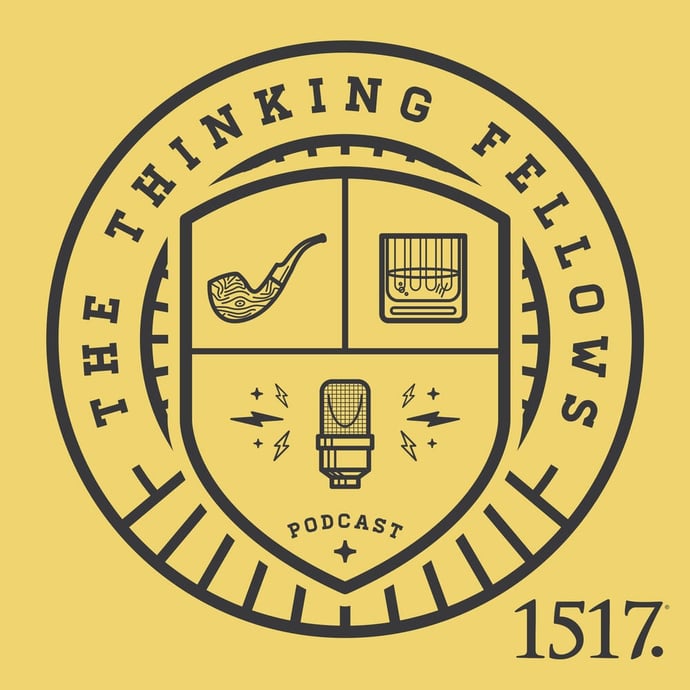All views of election and predestination are not equal. These are doctrines meant to comfort and provide assurance.
Podcasts
Each 1517 Podcast is dedicated to delivering Christ-centered content through weekly, monthly, and seasonal audio platforms. Listen online or on your favorite podcasting app.
Author
- All Authors
- Aaron Zimmerman
- Adam Francisco
- Amy Mantravadi
- Blake Flattley
- Bob Hiller
- Bradley Gray
- Brian W. Thomas
- Bror Erickson
- Bruce Hillman
- Caleb Keith
- Chad Bird
- Chris Rosebrough
- Christopher Gillespie
- Cindy Koch
- Craig Donofrio
- Dan van Voorhis
- Daniel Deen
- Daniel Emery Price
- Darrin Sheek
- David Andersen
- David Rufner
- David Zahl
- Debi Winrich
- Delwyn Campbell
- Donavon Riley
- Doug Klembara
- Edward Killian
- Elyse Fitzpatrick
- Erick Sorensen
- Flame
- Grant Klembara
- Gretchen Ronnevik
- Haroldo Camacho
- Jacob Smith
- Jared C. Wilson
- Jeff Mallinson
- Jeffrey Pulse
- Jessica Thompson
- Jim Nestingen
- Joel Fitzpatrick
- Joel Hess
- John Andrew Schreiner
- John Bombaro
- John T. Pless
- John W. Hoyum
- John Warwick Montgomery
- Katie Koplin
- Kelsi Klembara
- Ken Sundet Jones
- Magnus Persson
- Matt Popovits
- Michael Berg
- Michael Horton
- Nick Lannon
- Paul Koch
- Peter Nafzger
- Philip Bartelt
- Raleigh Sadler
- RJ Grunewald
- Robert Kolb
- Rod Rosenbladt
- Ron Hodel
- Sam Leanza Ortiz
- Sarah Condon
- Sarah Crowder
- Scott Davis
- Scott Keith
- Steven Paulson
- Tanner Olson
- Troy Neujahr
- Uwe Siemon-Netto
- Wade Johnston
- William Cwirla
-
We are told to fear God. Does that mean we are to live our whole life being afraid of God or is something else going on? What is the difference between listening to God and obeying Him?
-
The Thinking Fellows cover the major reformational events between 1535 and 1539.
-
Paul says that all his suffering doesn’t compare with the glory that is coming. How is this an encouragement to us?
-
Moses continues addressing the people. He recounts how God has fought for Israel and how he pleaded with God a final time to let him enter the promised land.
-
Coming back from the Diet of Augsburg the Lutheran reformers began responding to the doctrinal backlash of the Confutation.
-
Daniel and Erick breakdown what it means to be both sinner and saint.
-
Moses recounts wandering around the wilderness for 38 years. God puts prohibitions on who Israel is allowed to engage in conflict with. Why is God good to the children of Esau?
-
In this episode, Gillespie and Riley read and discuss Charles Spurgeon's sermon, "God or Self - Which?" This week, traditions, rituals, and a lot of talk about pastoral care.
-
In 1530 an imperial diet was called to the city of Augsburg. Among many issues to be addressed was the increasing influence of Lutheran theology.
-
Paul roots the Christian’s death to the law in baptism and makes a scandalous claim that the law arouses sin in people.
-
Moses recounts the people's refusal to trust God when the report comes back from the promised land. A crazy accusation is made against God.




